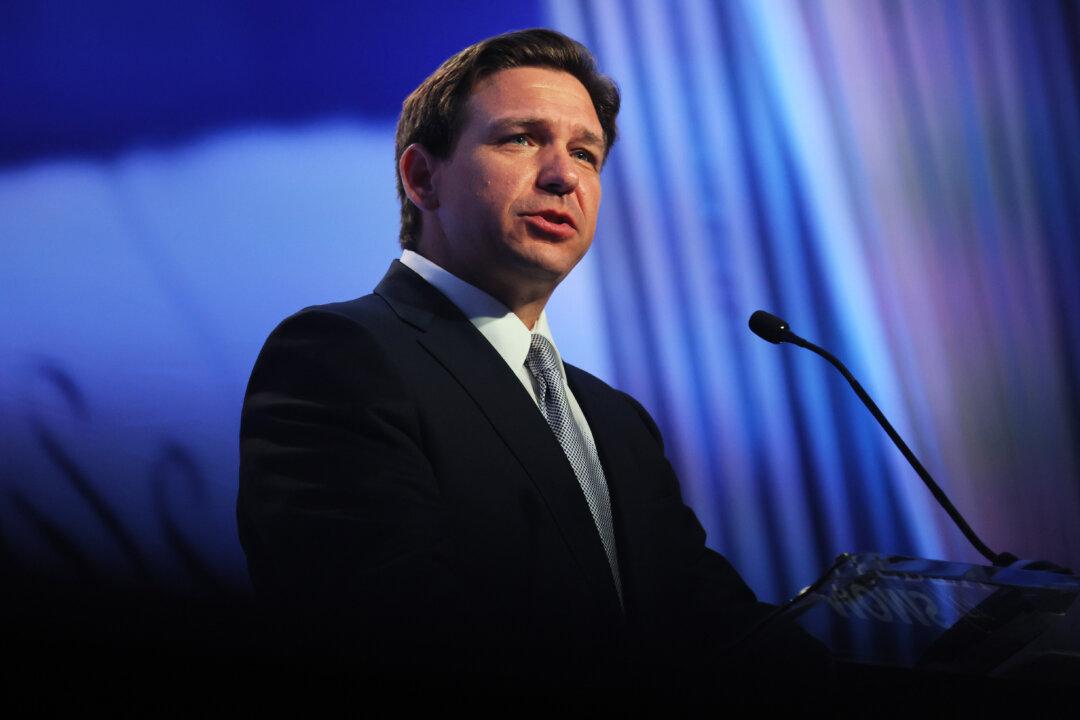There’s little doubt that a Republican will garner Utah’s six electoral votes in the November 2024 presidential election, but who that nominee will be is another question, and the state’s GOP primary is one of 15 contests that will be staged nationwide on “Super Tuesday,” March 5, 2024.
Seven months before that clash, it doesn’t appear that Beehive State voters are buzzed about the prospect of seeing former President Donald Trump’s name on the ballot, a glimmer of opportunity that the dozen candidates struggling for traction in the GOP presidential race against the dominant front-runner will seek to exploit.Florida Gov. Ron DeSantis’s two July 21 campaign appearances in the Salt Lake City area are evidence that GOP underdog candidates seeking to derail Mr. Trump’s 2024 Republican presidential drive see Utah as a weak link in his path to the nomination.





